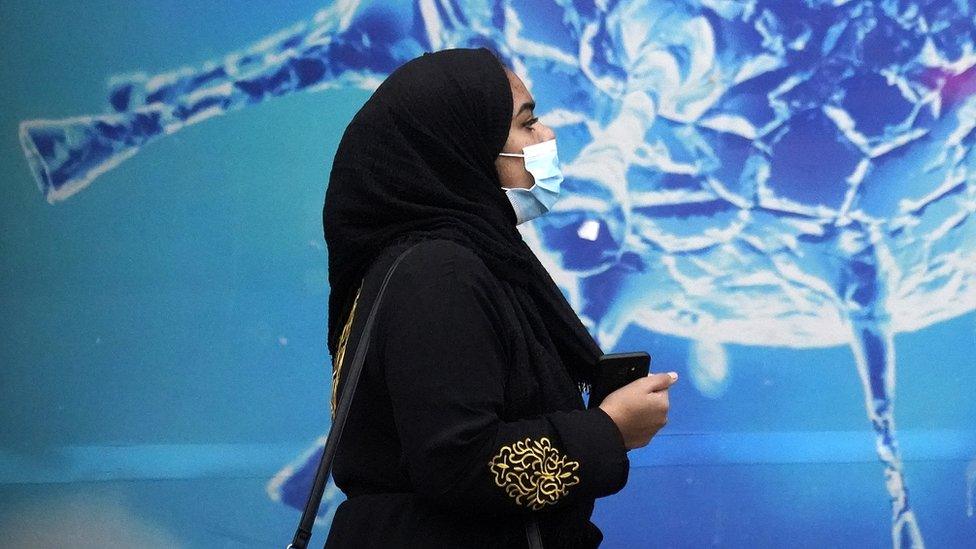Covid: The new strains explained in South Asian languages
- Published

A national lockdown was introduced after the new strain caused a surge in coronavirus cases.
A new UK strain of coronavirus was first discovered in September, and since then has been causing a rise in infections in the UK. The new variant has been found to spread more quickly, research from Public Health England suggests it's between 30% and 50% more infectious.
The strain has caused a surge in cases and rising hospital admissions, which led the government to increase restrictions and introduce a national lockdown. Other strains have also been discovered in countries across the world.
Are the new strains more deadly? Will the vaccine work against the new UK variant? The BBC Asian Network is helping the South Asian community to understand the new variants and answer their questions in five languages: Punjabi, Urdu, Tamil, Gujarati and Sylheti.
Here, doctors discuss the new variants with their relatives and family friends and answer their questions.
Punjabi
Dr Dilsher Singh spoke to his mum Balbir Kaur, in Punjabi, to address her concerns about the new variants.
Dr Dilsher Singh answers questions in Punjabi from his mum Balbir Kaur about the new coronavirus variants
Urdu
Dr Nadia Ali spoke to her cousin Naveed Butt, in Urdu, to address his concerns about the new variants.
Dr Nadia Ali answers questions in Urdu from her cousin Naveed Butt about the new coronavirus variants
Tamil
Dr Venughanan Manikavasagar spoke to his family friend and Tamil teacher Mathavy Shivaleelan, in Tamil, to address her concerns about the new variants.
Dr Venughanan Manikavasagar answers questions in Tamil from his teacher Mathavy Shivaleelan about the new coronavirus variants
Sylheti
Dr Anika Ahmed spoke to her aunt Syeda Choudhury, in Sylheti, to address her concerns about the new variants.
Dr Anika Ahmed answers questions in Sylheti from her aunt Syeda Choudhury about the new coronavirus variants
Gujarati
Dr Komal Badiani spoke to her uncle Ramesh Lakhani, in Gujarati, to address his concerns about the new variants.
Dr Komal Badiani answers questions in Gujarati from her uncle Ramesh Lakhani about the new coronavirus variants
Related topics
- Published1 July 2022
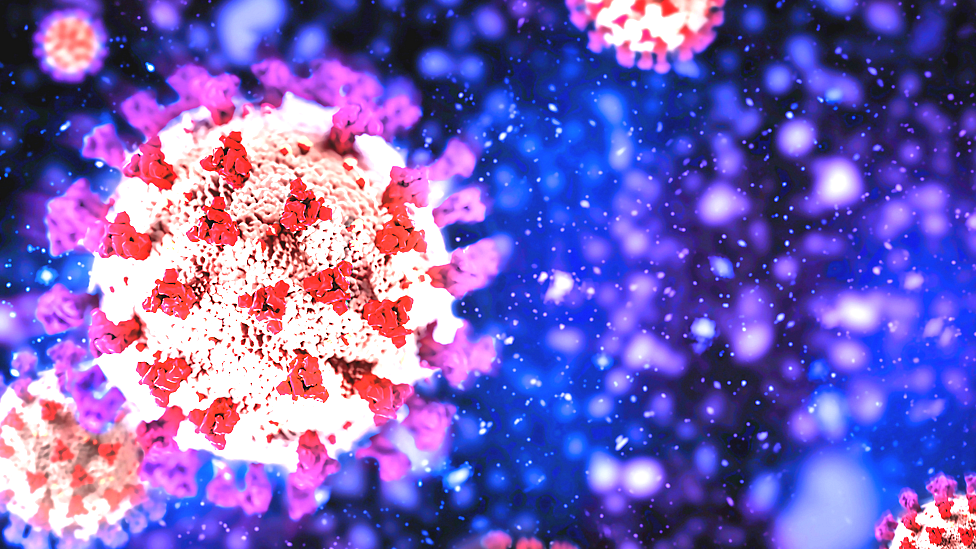
- Published17 December 2020
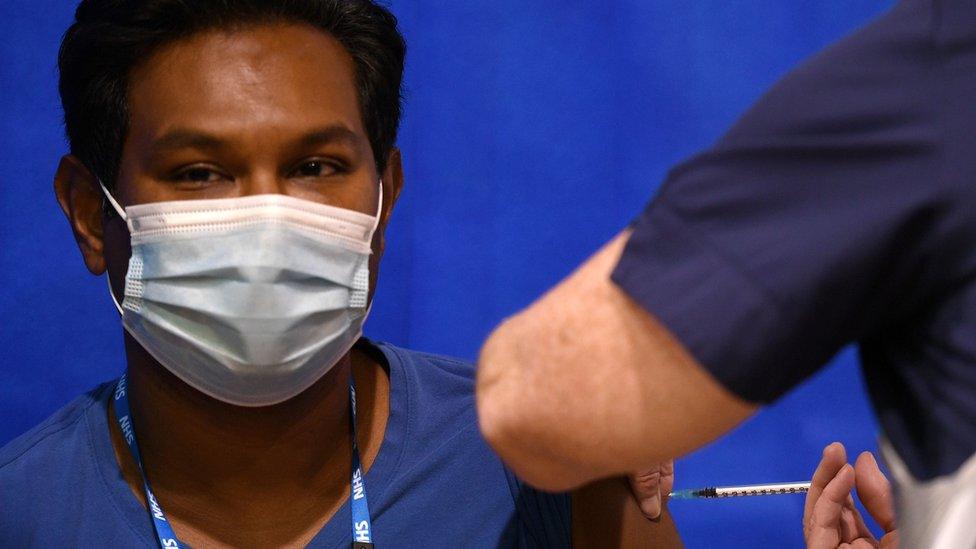
- Published3 December 2020
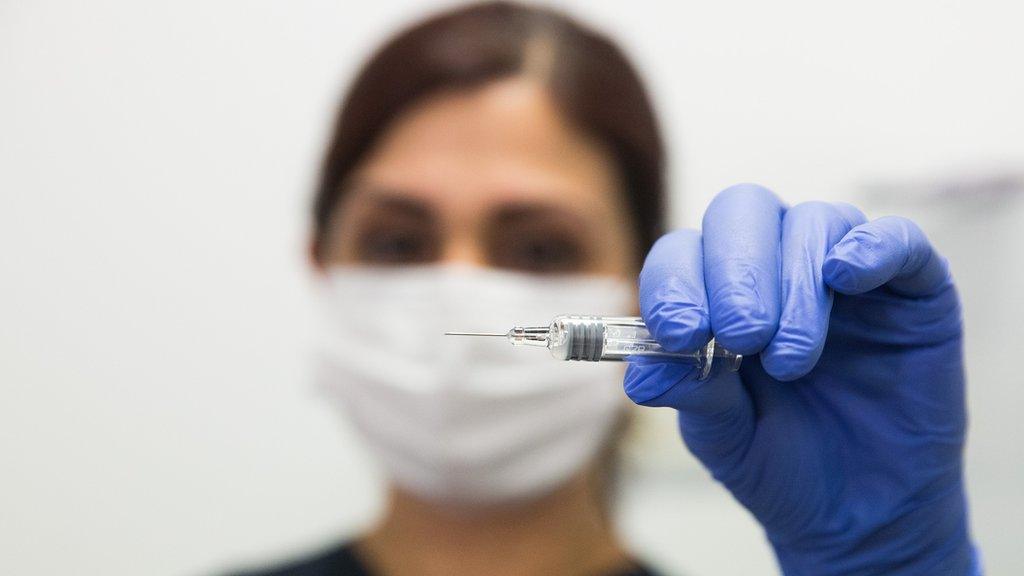
- Published14 January 2021
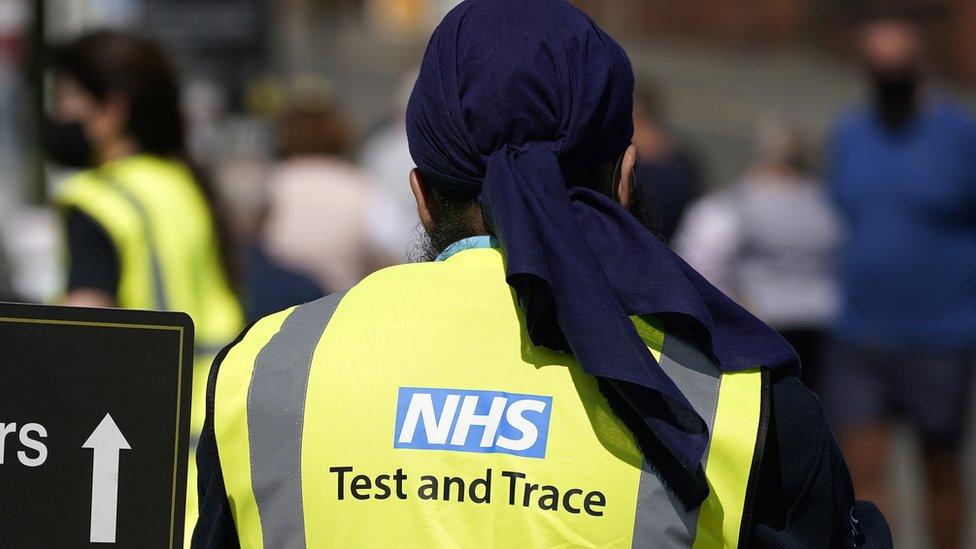
- Published8 January 2021
